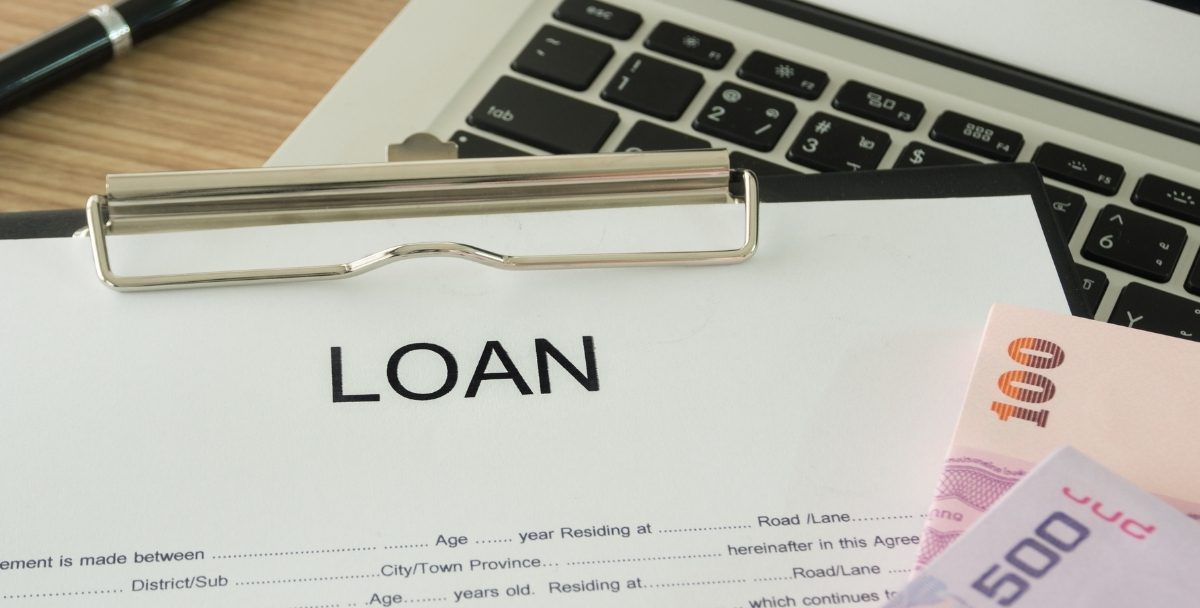Debt Consolidation Loans vs. Personal Loans

If you’re thinking of taking out a loan to vanquish your credit card debt, you’ll find that you have several options including debt consolidation loans versus personal loans. Aren’t those two kinds of loans the same? Well, not exactly. Let’s discuss.
Why Consider Debt Consolidation?
With a variety of bills to pay monthly, it’s all too easy for one to fall through the cracks. The consequence is a late fee or higher interest rate. Or perhaps your existing rates are high, and you’re aiming to get something lower.
With debt consolidation, you’re paying off your debt – usually credit cards – with a single loan. That means that instead of making five monthly payments to different companies, you make just one, to just one creditor.
Before a lender makes you a loan, it will want to be certain that you are financially stable and can afford to make the payments. They want to see that you have a history of making on-time payments on other loans or lines of credit. Debt consolidation loans are unsecured, meaning the bank can’t attach your house or car to assure repayment.
Interest, Term and Fees
The most important factors in a debt consolidation loan are your interest rate, the length of the loan, and any fees. While consolidation makes bill paying more manageable by combining your debts — leaving you to make one payment for the same amount each month — you don’t want to worsen your situation by signing up for terms that don’t benefit you.
That’s why it’s important to compare how much you’re currently paying in aggregate debt interest to the interest rates offered for the loan. In fact, it doesn’t make sense to take out a consolidation loan unless you can save money over time.
While it’s always great to have a low monthly payment, the length of the loan is also important. If you pay back $5,000 over 84 months rather than 60 months, for example, you’ll be paying less each month but will end up paying more in interest.
Benefits of Consolidation Loan
Here’s a snapshot of why a debt consolidation loan may be beneficial to you:
- You make a single monthly payment of one amount versus several payments of varying amounts each month to multiple creditors. This makes it easier to keep track of expenses.
- You can decrease your monthly payment. Debt consolidation usually allows you to pay less overall each month. This gives you more flexibility in your budget or allows you to erase debt faster by putting more cash toward it.
- You’ll pay less in interest, or at least aim to. Consolidation could end up saving you beaucoup bucks over the loan term.
- Increase available credit. Once those credit cards are paid off, you’ll have more available credit, which will raise your credit score because your utilization rate dropped. This only works well if you keep your spending down and you don’t accumulate more debt.
Benefits of a Personal Loan
You may discover that with a debt consolidation loan, interest rates are lower than what you’re paying on your existing debt. Still, interest rates will usually be higher than some other loan options, such as a personal loan.
Personal loans are swell if you need additional cash for certain bills, items, or life events. For instance, if your car needs repairs, you need a new furnace, or you’ve got a wedding to pay for, you can take out a personal loan.
There may be temptation to consolidate your debt with a personal loan, but that isn’t the ideal move. Consolidation loans are specifically designed to help you satisfy a debt with a one-time payment in full, whereas personal loans are more for emergency situations or when you need cash unexpectedly.
So, when it comes to debt consolidation vs. personal loans, make the right choice for your financial situation. Choose a personal loan only if you have cash flow needs.
